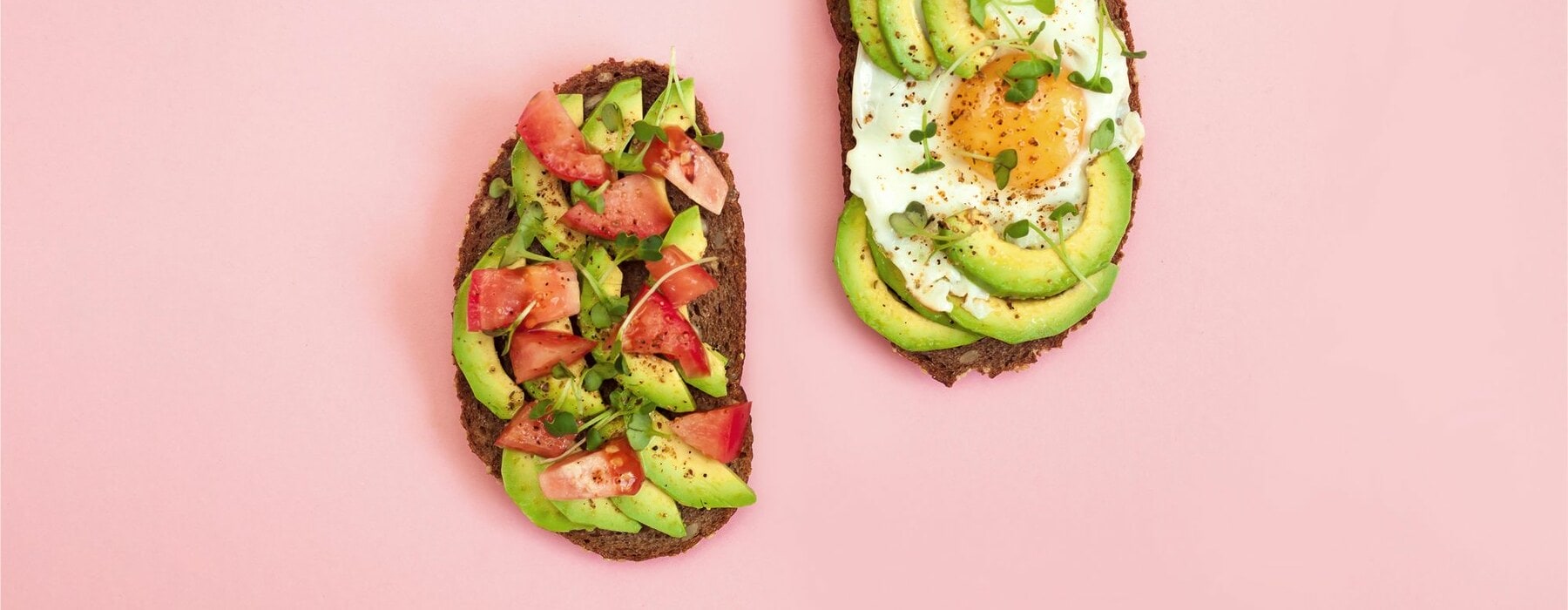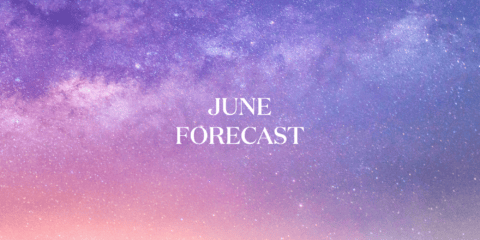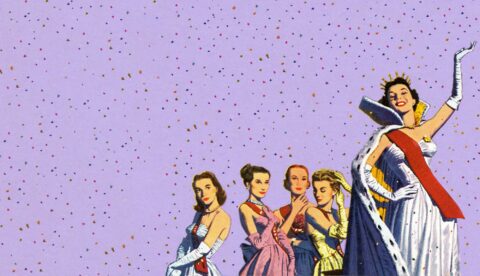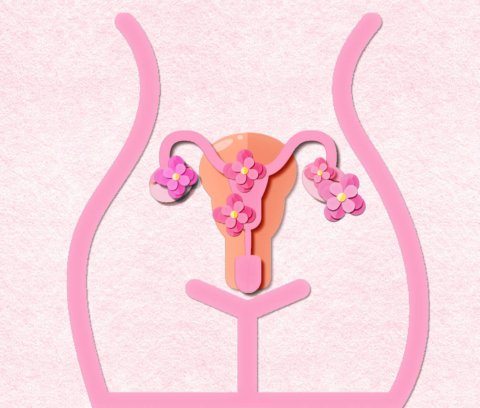What you eat for your first meal of the day – and what time you have it – can have a big impact on your health. Our expert says this is why you should eat breakfast.
How many times have you “breakfast is the most important meal of the day”? It’s one of those things – a bit like “drink eight glasses of water a day” – we’ve accepted as fact, and don’t really question.
And there are sound reasons for that. There’s solid evidence that people who eat breakfast tend to be healthier and leaner overall; it’s always been thought breakfast skippers probably over-compensate for not eating breakfast and end up eating more – and less healthily – later in the day.
Recent research went against that thinking, though. A review of breakfast studies (of which, surprisingly, there haven’t been too many) published in 2019 in the BMJ medical journal, found that eating breakfast might not be the best strategy for weight loss. The review found people who ate breakfast ate more calories overall and were slightly heavier than those who didn’t eat breakfast.
However, the authors of that review warned their results should be interpreted with caution. That could be because the study didn’t look at the quality of the diets of people who eat or don’t eat breakfast – and it’s here that we might be on to a winner if we include a meal at the start of the day.
Nutritionists mostly recommend breakfast for that very reason; they point out it’s a good opportunity to get some really good nutrition into your day. It’s typically the best meal in which to get some fibre, for example, in the form of whole grain toast or cereal, fruit and vegetables. If we don’t eat breakfast, we’ll have to try and get the 30 grams of fibre we need each day from the rest of our meals and snacks – and that’s a big ask. Ditto the vitamins and minerals we’ll get from a healthy breakfast. And if we include some protein and healthy fat in there, we’ll likely feel a bit more satisfied and a bit less likely to nibble on less-than-ideal snacks later in the day.
It’s a good opportunity to get some really good nutrition into your day
Breaking the fast – a bit later
There’s some interesting emerging research around having a decent amount of time between dinner and breakfast – and maybe delaying your morning meal a bit. Fasting is still a popular diet trend for weight loss (though there’s evidence it’s no better than any other diet for that), but the idea of giving the body time with no food to digest has gathered some evidence.
You might be familiar with the 5:2 diet – a type of intermittent fasting (IF) where you eat normally for five days and then fast or restrict food intake for two days. Another version of this is what scientists call “time-restricted feeding”, or TRF. You might have heard of this as the 16:8 pattern of eating – where we contain our eating to an 8-hour window in the day, and have 16 hours of fasting.
To do this, you’d need to eat your last meal early – say, 6pm – and then wait until 10am the next day for breakfast. This could have a range of health benefits, including improving insulin sensitivity and lowering blood pressure.
If that sounds a bit hardcore, don’t worry – there’s still benefit to be had from a 12-hour break from eating, which really means cutting out any eating after dinner (no TV snacks!) and possibly delaying breakfast a little bit. Basically, just try for at least 12 hours without eating. There’s evidence this might be beneficial for our gut bacteria, among other things.
Should I eat before my workout?
If you’re in the habit of exercising in the morning, and you’re wondering whether it’s better to do it before or after breakfast, science says it doesn’t really matter too much. A review of the research in 2017 found that “performing exercise in a fasted state did not influence weight loss or changes in lean and fat mass”. Basically: it doesn’t matter whether you eat before or after your workout. However, if you’re doing weights or resistance training, try and get some protein in within an hour or so of your workout, to give your muscles the best possible fuel for growth and recovery.
What’s the best breakfast to eat?
There’s no rule that says breakfast has to be typical “breakfast” food. If you’re delaying breakfast a bit, you might like to look to the cuisines of the world, where more interesting breakfast meals are the norm. Go Japanese with brown rice, miso, fish and vegetables, for example. Or try a comforting congee with veges and tofu, or a breakfast burrito with beans and eggs. Basically, breakfast is a great opportunity for a nutrient-dense meal that offers great fuel for a morning.
The formula for a great breakfast
No matter what you choose, try including these elements in your morning meal:
QUALITY PROTEIN
This could be eggs, milk, yoghurt, nuts, beans, tofu – even fish or meat. Protein is great fuel and will keep your satiety level up longer.
FIBRE
Breakfast is a good place to get fibre, which has so many benefits. Think whole grains – porridge is your friend here – seeds, nuts, legumes, fruit and vegetables. Pack in as much as you can.
PLANTS
Veges are an excellent addition to any breakfast – try greens in a smoothie, tomatoes with your toast or leftover vegetables from dinner with your scrambled eggs. Or add fruit if you prefer sweet breakfasts.








